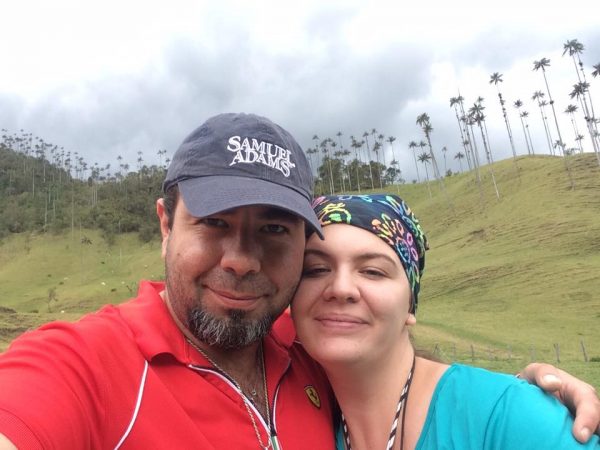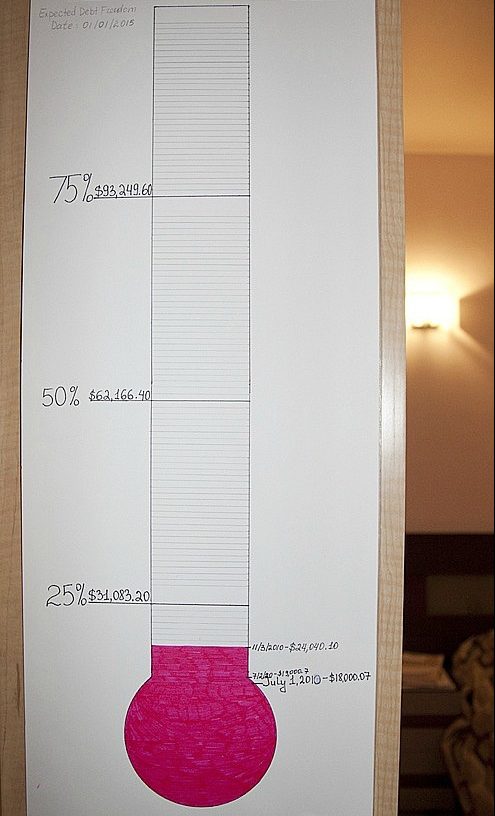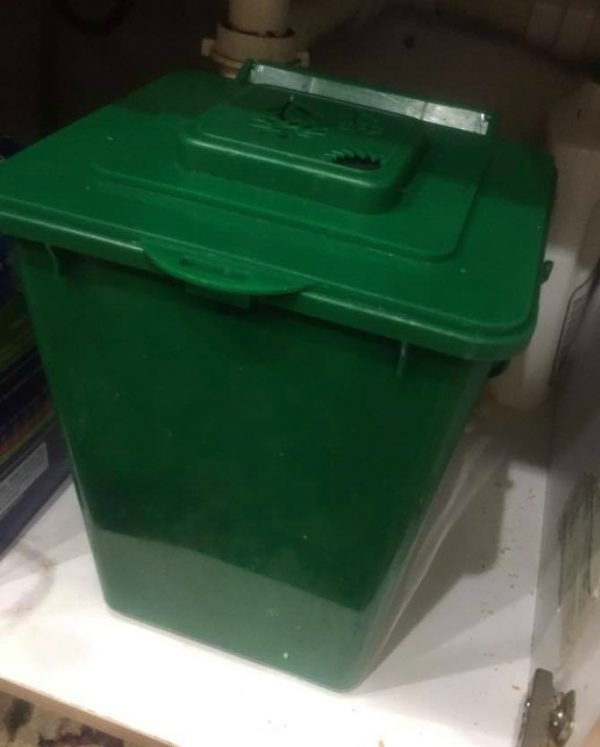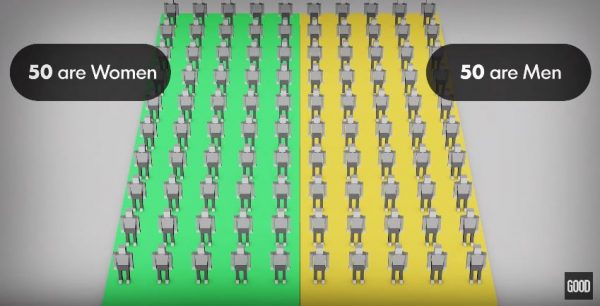Another month is here, and with it, another opportunity to get better at money stuff! (No, it really never ends–I’m always trying to work on spending a little more wisely, despite how long I’ve been paying attention to our spending!).
Last month I took on the huge challenge of a digital fast. There were so many takeaways that I’m dedicating a whole post to it.
For this month, I’ve been reading a lot about global warming, in honor of Earth Day, and I actually read some really useful information about how we, as a family, could do a better job of reversing global warming.
I read that the third top way to mitigate global warming, according to Project Drawdown, is to reduce food waste (if you’re interested, refrigerant/AC coolant management and creating more onshore wind power are #1 and #2).
As a huge composter, I was shocked to hear that reducing food waste was much more impactful to the planet than composting (composting is still a good method–coming in at #60 of 100).
Want to know what #4 is? A plant rich diet.
Okay, as someone who pays a moderate amount of attention to helping Mother Earth, the fact that there are two relatively easy ways for me and my household to impact climate change is kind of amazing.
Reduce the amount of food we waste.
Eat more plants and less meat.
Continue reading “A Year of Good Money: Decrease Food Waste”











